“Imagino que em 50 anos, vamos viver em um mundo onde, essencialmente, cada aluno irá executar, bem como os melhores estudantes fazem hoje.” – Larry Hedges
Larry Hedges says he is “deeply humbled” by receiving the Yidan Prize for Educational Research. He hopes this prestigious award will bring attention to “the importance of rigorous research as the path to improving education worldwide.” Hedges has dedicated his professional life to the cause of applying rigorous scientific methods to develop a “culture of evidence in education” for those who need it, sejam eles professores, decisores políticos ou até mesmo os pais. Winning the Yidan Prize will certainly help. Fundado em 2016 por Charles Chen Yidan (um núcleo fundador da Tencent), the prize presents two awards each year — uma para pesquisa em educação e um para o desenvolvimento da educação. O 2 destinatários recebem uma soma total de HK $ 30 milhões de.
Os sistemas de educação enfrentam muitos desafios num mundo em mudança. Como podemos garantir que eles sejam justos, eficiente e inclusivo? Como devemos alavancar pesquisa em educação e colocar a teoria em prática?
Para responder a estas perguntas, entre outros, A Pesquisa Global para a Educação acolhe Yidan laureado com o Prémio de Investigação Educação 2018, Professor Larry V. hedges, Presidente do Departamento de Estatística, Universidade Northwestern.
“Nations have become aware that it is essential to bring the best scientific methods available to meet the challenges facing education, which are the challenges of making a more prosperous and just world.” – Larry Hedges
Larry, what do you think are the biggest challenges for education researchers in the rapidly changing world of the fourth industrial revolution? How are these challenges similar to or different from those faced by researchers in the past?
No passado, education was much like a craft endeavor where most knowledge was derived from tradition and direct experience of practice. Research in education had relatively little influence on education practice, and frankly, education research was often not particularly rigorous or scientific. The field was subject to faddish enthusiasm but little rigorous research to determine whether the latest fad actually worked. Some educators and researchers even questioned whether it was possible to discover durable facts—in other words, they doubted that research could be useful.
Hoje, education systems face more complex challenges and the need to make rapid progress. Having an educated workforce has become more important to economic progress than ever before. Em outras palavras, education has become instrumentally important to the nations of the world as it has never been before. Nations have become aware that it is essential to bring the best scientific methods available to meet the challenges facing education, which are the challenges of making a more prosperous and just world. I have experienced some of the dislocations as education has become increasingly important economically in my own country. Education researchers must embrace the rigorous scientific methods used in related fields including the social, behavioral, and biological sciences. This transformation will not be easy. Researchers will need to develop new skills, learn new research methods, and develop a more skeptical and scientific perspective about new innovations. Por exemplo, scientific methods like randomized field trials are critically important to understand which interventions work in medicine. They are needed in education too for exactly the same reasons they are needed in medicine, but are only beginning to be widely used in education research. Fields like medicine have well developed methods to ensure that advances from research reach practitioners who need them. We are only beginning to develop effective dissemination methods for education research. Perhaps more importantly, in medicine there is a culture of evidence that supports the idea that scientific evidence is essential to improve practice and that new knowledge will necessitate changes in practice throughout one’s career.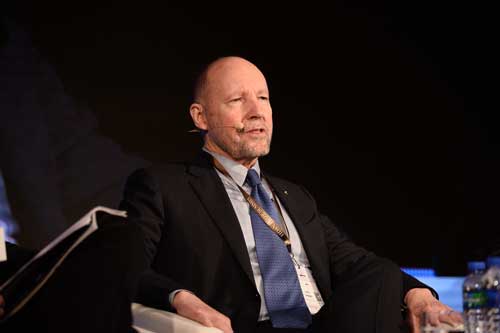
“Researchers have to do research that can make a difference in practice. They also have to play a greater role in training practitioners so that practitioners better understand research and how to use it.” – Larry Hedges
Bridging the gap between research and practice. Many believe this is essential to encourage timely innovation, creativity and teacher autonomy. O que precisa ser feito na pesquisa, school and policy level to make this happen?
I agree that teachers and other education personnel must be respected as professionals with a reasonable degree of autonomy to practice their profession. However they must also find their place in the emerging ecosystem of education research, development, and practice. Eles devem aprender a funcionar como profissionais que acreditam que a pesquisa pode melhorar a prática e que a pesquisa, por vezes, em larga escala é a única maneira de saber o que funciona. Mas eles vão ter um papel na produção de que a pesquisa tão grande pesquisa em educação escala se torna mais comum nas escolas. Eles terão que atualizar constantemente seus conhecimentos e usar o novo conhecimento que a pesquisa científica na educação produz na sua prática. Isso é bem diferente do funcionamento da profissão docente hoje, where a great deal of practice is determined by initial training in universities and teacher training colleges, apprenticeship, and experience. The future I imagine for teachers is more like medicine today where doctors have wide autonomy, but their practice is informed by a constantly advancing medical science and doctors are conscious that some kinds of knowledge can only be obtained from large scale studies.
Researchers also have responsibilities. Researchers have to do research that can make a difference in practice. They also have to play a greater role in training practitioners so that practitioners better understand research and how to use it.
Children in school today will need the competencies to live and work in a global community. How are education researchers collaborating globally to ensure education research remains relevant, efficient and inclusive for future generations?
Education research is increasingly becoming a global scientific enterprise. Education researchers increasingly use similar methods, publish in the same journals, and share their work in international meetings. This is particularly apparent to me in the United States, where our professional research organizations, such as the American Educational Research Association and the Society for Research on Educational Effectiveness are increasingly reaching out to researchers in other parts of the world and enjoying their participation in our scientific meetings. It is also important to realize that a great deal of education research is conducted by scholars that are affiliated with other social sciences such as economics, the emerging field of prevention science, psychology, sociology, or statistics. These fields are even more international in their outlook than more conventional education research and they are helping to make educational research an international field.
“Education research is increasingly becoming a global scientific enterprise.” – Larry Hedges
Technology is evolving at a tremendous speed. If you had to look into the future, dizer 30 ou 50 anos a partir de agora, and make some predictions – how do you see the future educational system?
I will offer an analogy to help make this prediction. Em 1900, we knew that people could lead healthy and productive lives until they were 70 anos, but only a small proportion of people did. Life expectancy in my country for a white male born in 1890 was about 38 anos. Now it is double that and people routinely live healthy and productive lives into their 70s. Claro que a razão para esta mudança dramática é a grande expansão da pesquisa científica em medicina no século 20. Acredito que a educação vai experimentar o mesmo tipo de mudança dramática no século 21 que a saúde experimentou no século 20. Sabemos agora que quase qualquer pessoa pode aprender quase tudo o que o aluno mais brilhante pode, mas que muitas vezes não o fazem. Imagino que em 50 anos, vamos viver em um mundo onde, essencialmente, cada aluno irá executar, bem como os melhores estudantes fazem hoje. Imagine how much more productive and inclusive such a world would be!
C M Rubin and Larry Hedges
Junte-se a mim e líderes de renome mundial, incluindo Sir Michael Barber (Reino Unido), Dr. Michael Bloco (EUA), Dr. Leon Botstein (EUA), Professor Clay Christensen (EUA), Dr. Linda, Darling-Hammond (EUA), Dr. MadhavChavan (Índia), Charles Fadel (EUA), Professor Michael Fullan (Canadá), Professor Howard Gardner (EUA), Professor Andy Hargreaves (EUA), Professor Yvonne Hellman (Holanda), Professor Kristin Helstad (Noruega), Jean Hendrickson (EUA), Professor Rose Hipkins (Nova Zelândia), Professor Cornelia Hoogland (Canadá), Honrosa Jeff Johnson (Canadá), Senhora. Chantal Kaufmann (Bélgica), Dr. EijaKauppinen (Finlândia), Secretário TapioKosunen Estado (Finlândia), Professor Dominique Lafontaine (Bélgica), Professor Hugh Lauder (Reino Unido), Senhor Ken Macdonald (Reino Unido), Professor Geoff Mestres (Austrália), Professor Barry McGaw (Austrália), Shiv Nadar (Índia), Professor R. Natarajan (Índia), Dr. PAK NG (Cingapura), Dr. Denise Papa (US), Sridhar Rajagopalan (Índia), Dr. Diane Ravitch (EUA), Richard Wilson Riley (EUA), Sir Ken Robinson (Reino Unido), Professor Pasi Sahlberg (Finlândia), Professor Manabu Sato (Japão), Andreas Schleicher (PISA, OCDE), Dr. Anthony Seldon (Reino Unido), Dr. David Shaffer (EUA), Dr. Kirsten Immersive Are (Noruega), Chanceler Stephen Spahn (EUA), Yves Theze (LyceeFrancais EUA), Professor Charles Ungerleider (Canadá), Professor Tony Wagner (EUA), Sir David Watson (Reino Unido), Professor Dylan Wiliam (Reino Unido), Dr. Mark Wormald (Reino Unido), Professor Theo Wubbels (Holanda), Professor Michael Young (Reino Unido), e Professor Minxuan Zhang (China) como eles exploram as grandes questões da educação imagem que todas as nações enfrentam hoje.
A Pesquisa Global para Educação Comunitária Página
C. M. Rubin é o autor de duas séries on-line lido pelo qual ela recebeu uma 2011 Upton Sinclair prêmio, "The Search Global pela Educação" e "Como vamos ler?"Ela também é o autor de três livros mais vendidos, IncluindoThe Real Alice no País das Maravilhas, é o editor de CMRubinWorld e é um Disruptor Fundação Fellow.
Siga C. M. Rubin no Twitter: www.twitter.com/@cmrubinworld

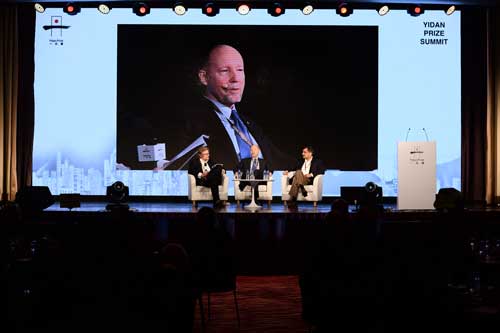
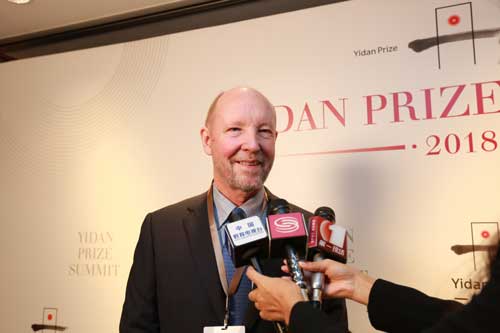
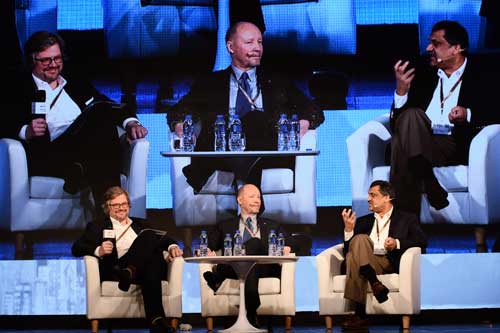
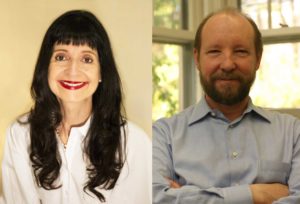
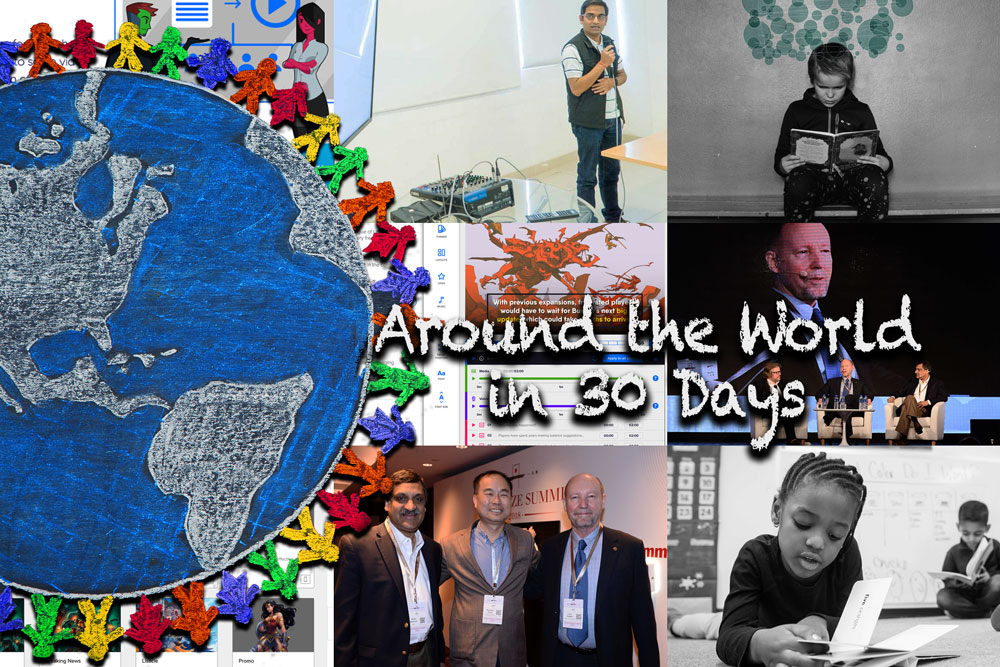
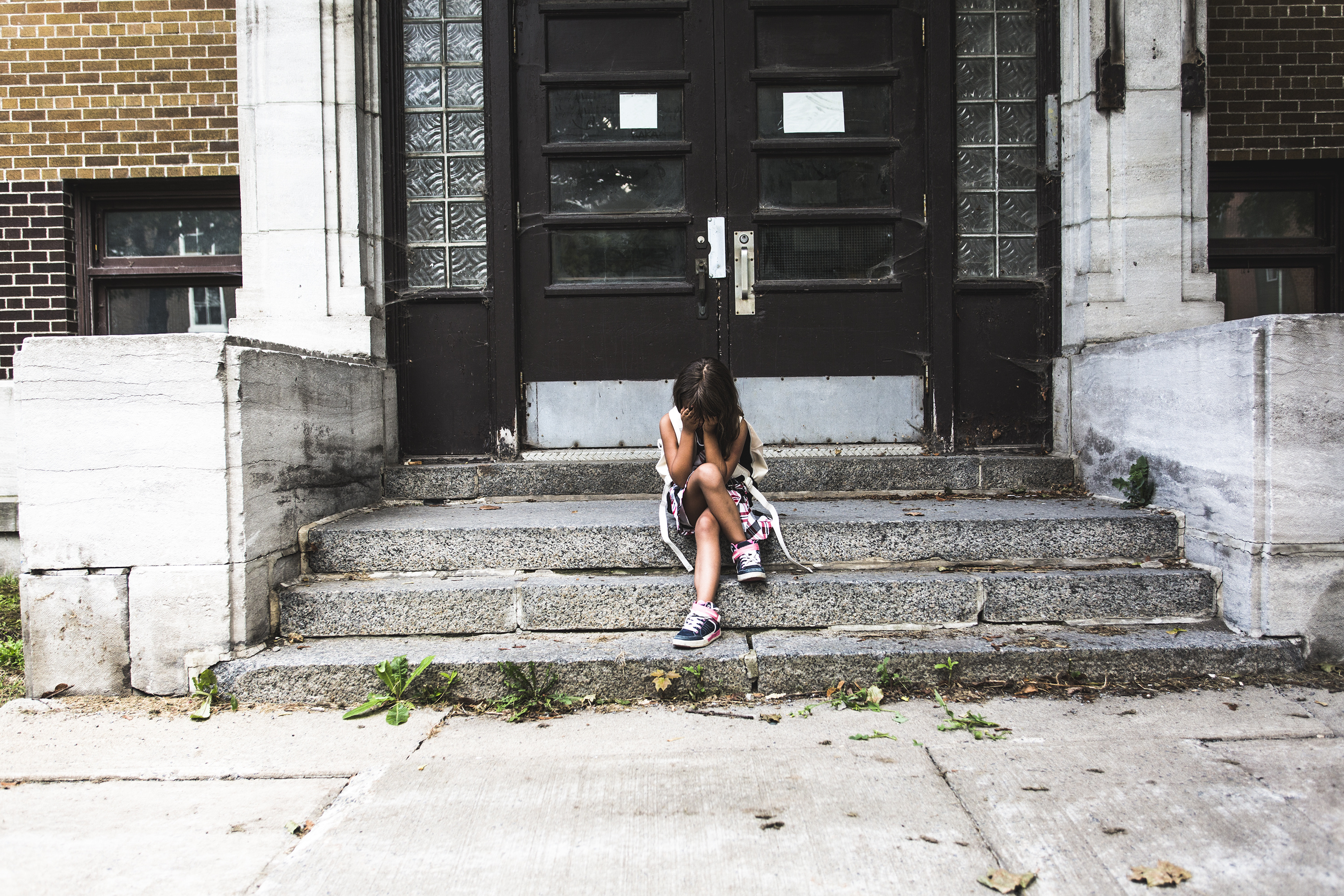
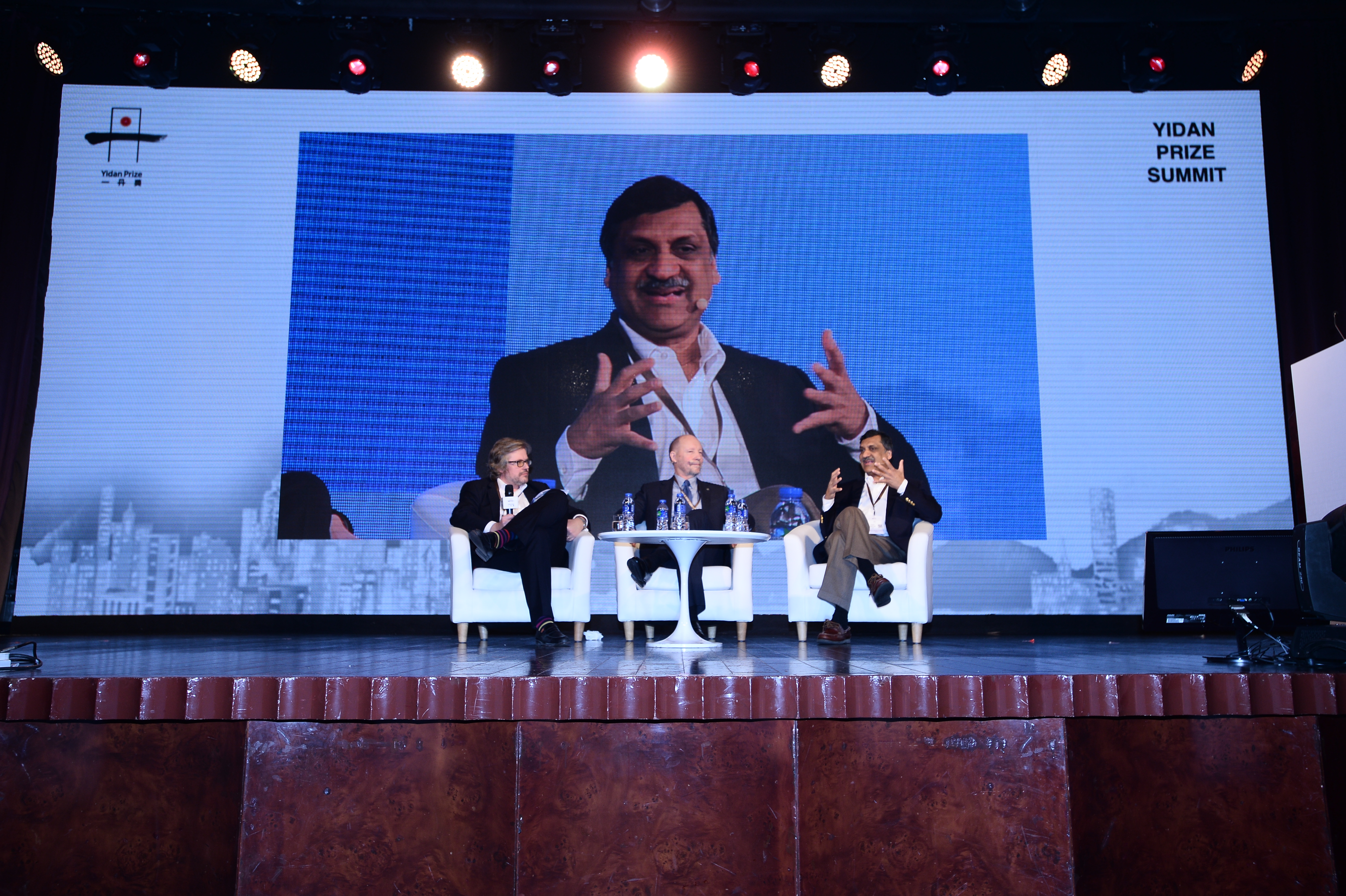
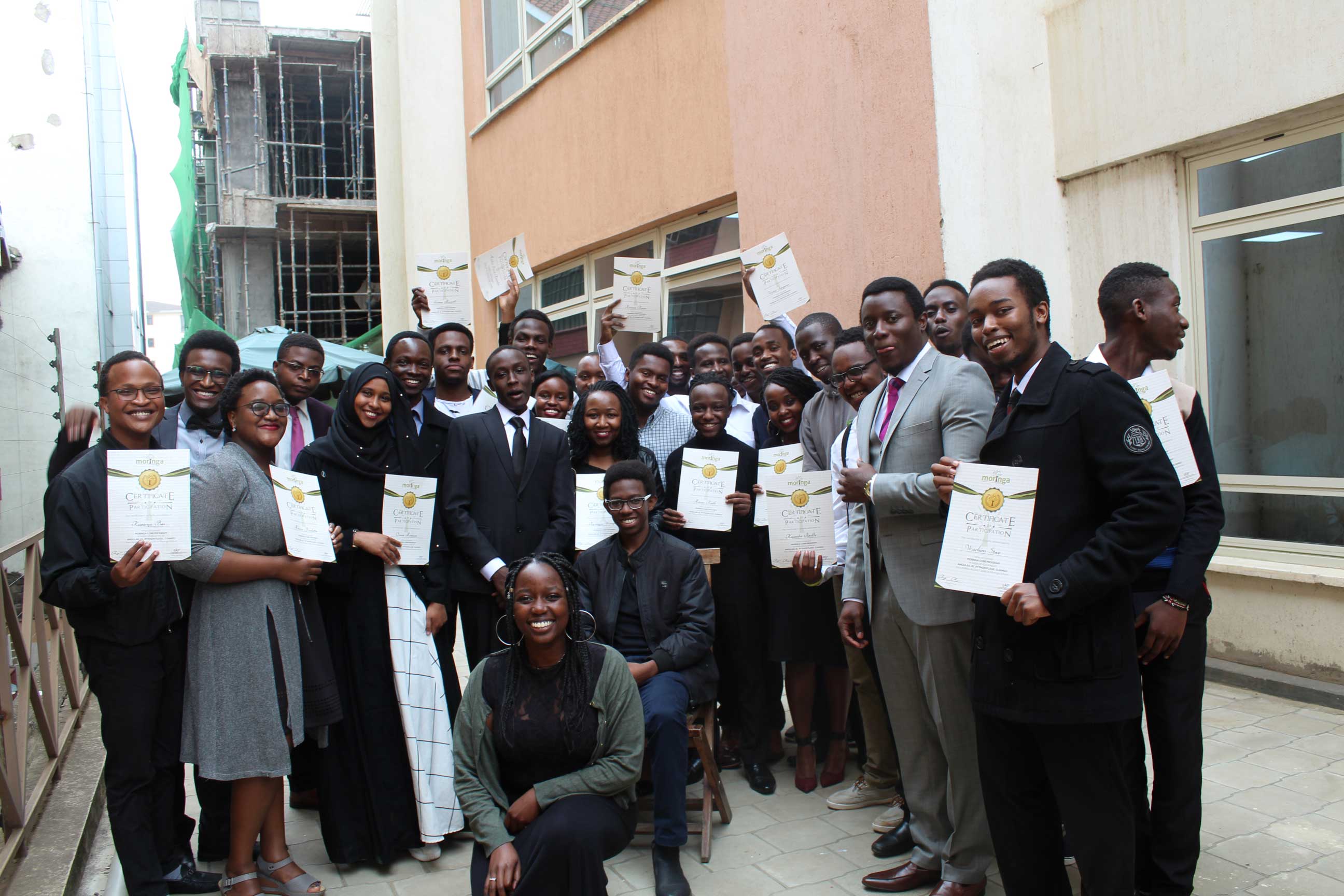
Comentários Recentes